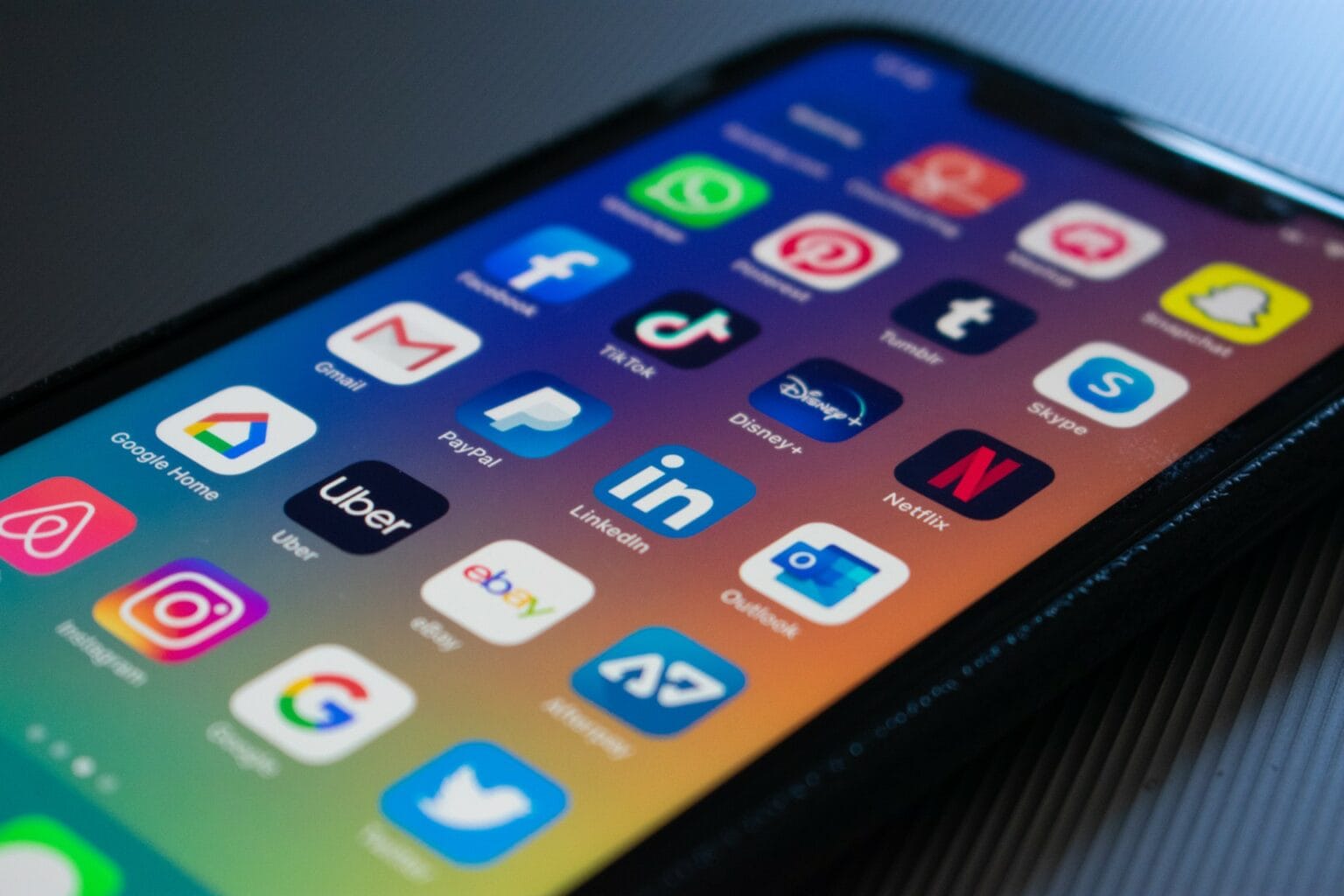Apple’s “walled garden” approach to the App Store improves quality control — but it doesn’t filter out all of the spammy, scammy content. According to a report by the Washington Post, scam apps represent close to 2% of the App Store’s top-grossing apps.
While that might not sound like all that much, it’s a sizable amount when you consider that the App Store hosts approximately 1.8 million apps. These scam apps reportedly have cost users in the vicinity of $48 million.
In the Post’s analysis, what constitutes a scam app varies quite a bit. In one case, it refers to a QR code reader that charges $20 per month for functionality available for free in iOS’ built-in Camera app. Other scam apps claim they are official apps from companies like Samsung and Amazon. In reality, they are nothing of the kind. Yet others, the report notes, get users to download and pay for them after the user receives a fake message online telling them that their iPhone has been infected by a virus.
The curated App Store
Losing the ability to control what was on iPhones was one of former CEO Steve Jobs’ main objections to launching an App Store in the early days of the iPhone. He finally changed his mind after realizing what a big money-spinner it could be for Apple.
These days, Apple CEO Tim Cook often talks about Apple’s curated approach to the App Store, calling it a key differentiator when it comes to quality control.
“Curation has always been one of the App Store’s chief features and sources of value for our users,” Cook said last year. “We held a quality department store as a model: place where customers can find a great variety of options, but can feel confident that the selection is high-quality, reliable and current.”
This may well be true. However, as Sunday’s report in the Post makes clear, there’s still a bit more work to be done. One of the big challenges for Apple, ultimately, is the same problem social media giants face when it comes to policing content: lack of people. As my colleague Ed Hardy argued recently, Apple would be well-served to bolster its App Store review team. As the App Store continues to get bigger and more relied-upon, this issue is only going to become more pressing.
Have you run into scam apps on the App Store? Let us know your thoughts in the comments below.
Source: Washington Post


